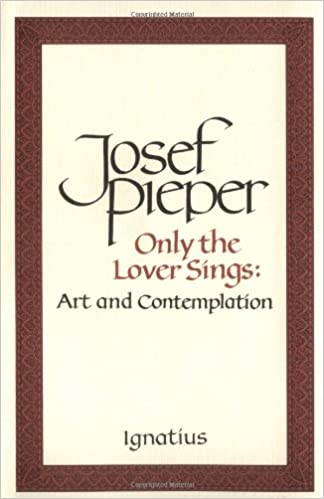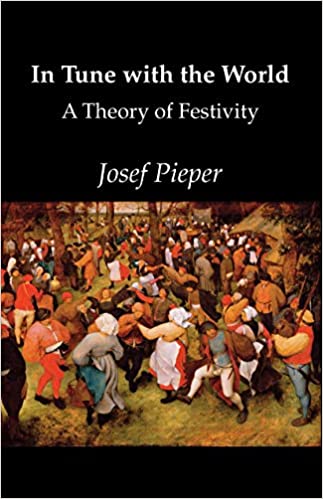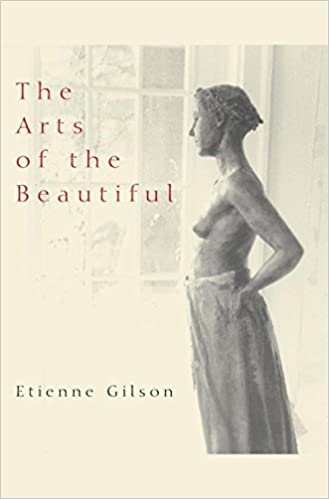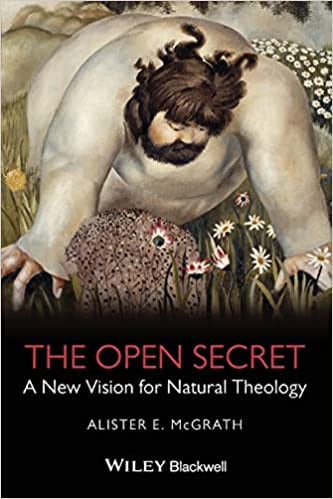Only the Lover Sings: Art and Contemplation
The popular and highly regarded Pieper speaks of the necessity for human persons to be able to contemplate and appreciate beauty to develop their full humanity. Pieper expresses succinctly that the foundation of the human person in society is leisure, free time in which one can contemplate, be receptive to being and its beauty.
More info →In Tune With The World: A Theory of Festivity
In this stimulating and still-timely study, Josef Pieper takes up a theme of paramount importance to his thinking – that festivals belong by rights among the great topics of philosophical discussion. As he develops his theory of festivity, the modern age comes under close and painful scrutiny. It is obvious that we no longer know what festivity is, namely, the celebration of existence under various symbols.
Pieper exposes the pseudo-festivals, in their harmless and their sinister forms: traditional feasts contaminated by commercialism; artificial holidays created in the interest of merchandisers; holidays by coercion, decreed by dictators the world over; festivals as military demonstrations; holidays empty of significance. And lastly we are given the apocalyptic vision of a nihilistic world which would seek its release not in festivities but in destruction.
Formulated with Pieper's customary clarity and elegance, enhanced by brilliantly chosen quotations, this is an illuminating contribution to the understanding of traditional and contemporary experience.
More info →The Liberal Arts Tradition: A Philosophy of Christian Classical Education (Revised Edition)
The Liberal Arts Tradition: A Philosophy of Christian Classical Education introduces readers to a paradigm for understanding a classical education that transcends the familiar 3-stage pattern of grammar, logic, and rhetoric. Instead, this book describes the liberal arts as a central part of a larger and more robust paradigm of classical education that should consist of piety, gymnastic, music, liberal arts, philosophy, and theology. The Liberal Arts Tradition also recovers the means by which classical educators developed more than just intellectual virtue (by means of the 7 liberal arts) but holistically cultivated the mind, body, will, and affections. This is a must-read for educators who want to take a second big step toward recovering the tradition of classical education.
More info →A Christmas Carol
First published on 19 December 1843 and written at a time of decline in festive tradition, A Christmas Carol became an instant classic. While the character of Ebenezer Scrooge has become the epitome of miserliness, his story of redemption reinforces expectations for Christmas Day as a time of peace and goodwill to all men.
This beautiful hardback edition makes a wonderful seasonal gift that the whole family can enjoy.
More info →The Arts of the Beautiful
With his usual lucidity, Etienne Gilson addresses the idea that "art is the making of beauty for beauty's own sake." By distinguishing between aesthetics, which promotes art as a form of knowledge, and philosophy, which focuses on the presence of the artist's own talent or genius, Gilson maintains that art belongs to a different category entirely, the category of "making." Gilson's intellectually stimulating meditation on the relation of beauty and art is indispensable to philosophers and artists alike.
More info →The Open Secret
Natural theology, in the view of many, is in crisis. In this long-awaited book, Alister McGrath sets out a new vision for natural theology, re-establishing its legitimacy and utility.
- A timely and innovative resource on natural theology: the exploration of knowledge of God as it is observed through nature
- Written by internationally regarded theologian and author of numerous bestselling books, Alister McGrath
- Develops an intellectually rigorous vision of natural theology as a point of convergence between the Christian faith, the arts and literature, and the natural sciences, opening up important possibilities for dialogue and cross-fertilization
- Treats natural theology as a cultural phenomenon, broader than Christianity itself yet always possessing a distinctively Christian embodiment
- Explores topics including beauty, goodness, truth, and the theological imagination; how investigating nature gives rise to both theological and scientific theories; the idea of a distinctively Christian approach to nature; and how natural theology can function as a bridge between Christianity and other faiths






